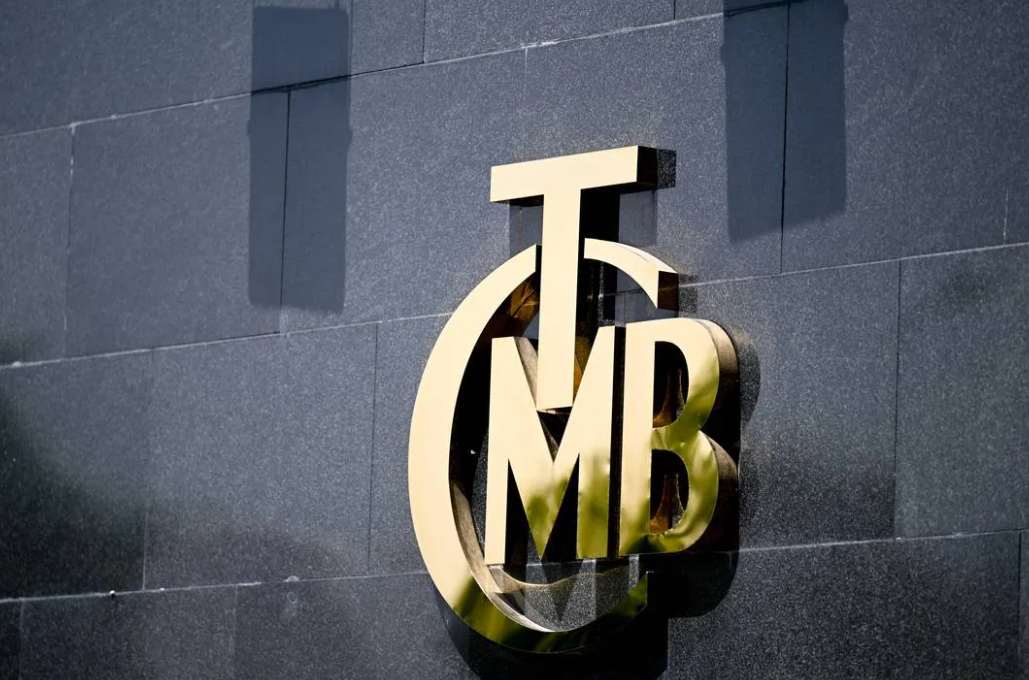In today’s Monetary Policy Committee (PPK) meeting, the Central Bank of Turkey (TCMB) implemented a significantly higher-than-expected interest rate hike. The bank raised its policy rate from 17.5% to 25%, exceeding the anticipated increase to 20%. The decision was accompanied by a positive statement, presented in simple and understandable terms, which emphasized that inflationary pressures would persist. The bank mentioned that the inflation rate at the end of the year is expected to be around 62%, in line with the TCMB’s Inflation Report- upper limit of the end of year revised expectation.
The TCMB outlined three important steps it will continue to take:
- Interest rate hikes
- Quantitative tightening
- Simplification
The fact that the central bank announced its decision to continue interest rate hikes after raising the policy rate to 25% implies that the alleged limit set by President Erdoğan for interest rate increases will be exceeded. This move is likely to be positively perceived by foreign investors, as it suggests that the central bank now has more freedom in its decisions, potentially leading to a positive impact on the Turkish lira (TL). The possibility of increased deposit rates is also important for local deposit holders.
However, in its announcement of continuing interest rate hikes, the TCMB did not specify a target level and refrained from making an indication whether rate hikes would be continued until positive real rates are reached. By stating that its expectation for end 2023 CPI inflation is around the upper limit of the July Inflation Report (approximately 62%), it should be acknowledged that even a policy rate of 25% will not be sufficient to combat such high inflation. There remains a risk of inadequacy even if the rate were to be raised to the range of 35-40%. Uncertainty persists in this regard.
Despite the positive sentiment, there is still curiosity about how and when President Erdoğan will react if interest rate hikes continue. Considering ongoing dynamics, it is still reasonable to expect that year-end Consumer Price Index (CPI) inflation could be above 70%, and the USD/TRY exchange rate could hover around 30.
Below is the central bank’s rate hike decision details:
The Monetary Policy Committee (the Committee) has decided to raise the policy rate (the one-week repo auction rate) from 17.5 percent to 25 percent.
The Committee decided to continue the monetary tightening process in order to establish the disinflation course as soon as possible, to anchor inflation expectations, and to control the deterioration in pricing behavior.
Recent indicators point to a continued increase in the underlying trend of inflation. The strong course of domestic demand, cost pressures stemming from wages and exchange rates, stickiness of services inflation and tax regulations have been the main drivers. In addition to these factors, also driven by the rise in oil prices, higher-than-anticipated deterioration in inflation expectations and in pricing behavior implies a year-end inflation close to the upper bound of the forecast range provided in the Inflation Report (Report). However, given the monetary tightening stance, the Committee still anticipates that disinflation will be established in 2024 in line with the Report.
Foreign direct investment, improvement in external financing conditions, continued increase in foreign exchange reserves, and the positive impact of tourism revenues on current account balance will contribute significantly to price stability.
The policy rate will be determined in a way that will create monetary and financial conditions necessary to ensure a decline in the underlying trend of inflation and to reach the 5 percent inflation target in the medium term. Monetary tightening will be further strengthened as much as needed in a timely and gradual manner until a significant improvement in the inflation outlook is achieved.
To increase the functionality of market mechanisms and strengthen macro financial stability, the Committee will continue to simplify and improve the existing micro- and macroprudential framework. Guided by impact analyses, the simplification process will continue to be gradual. In this context, recent regulations targeting a rising share of Turkish lira deposits will strengthen the monetary transmission mechanism. In addition to the increase in the policy rate, the Committee will continue to make decisions on quantitative tightening and selective credit tightening to support the monetary policy stance.
Indicators of inflation and underlying trend of inflation will be closely monitored and the Committee will continue to decisively use all the tools at its disposal in line with its main objective of price stability.
The Committee will continue to make its decisions in a predictable, data-driven and transparent framework.
The summary of the Monetary Policy Committee Meeting will be released within five working days.
